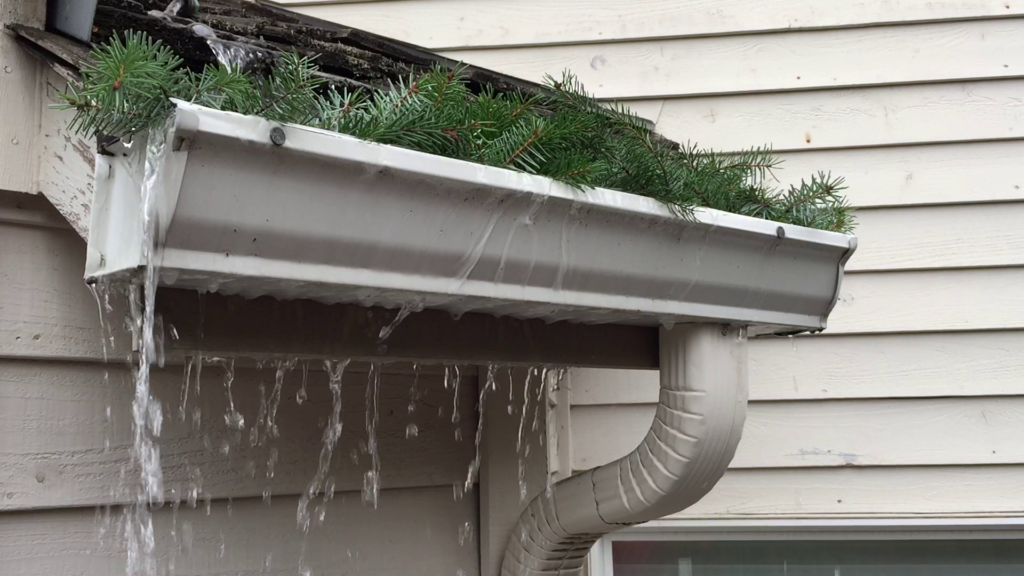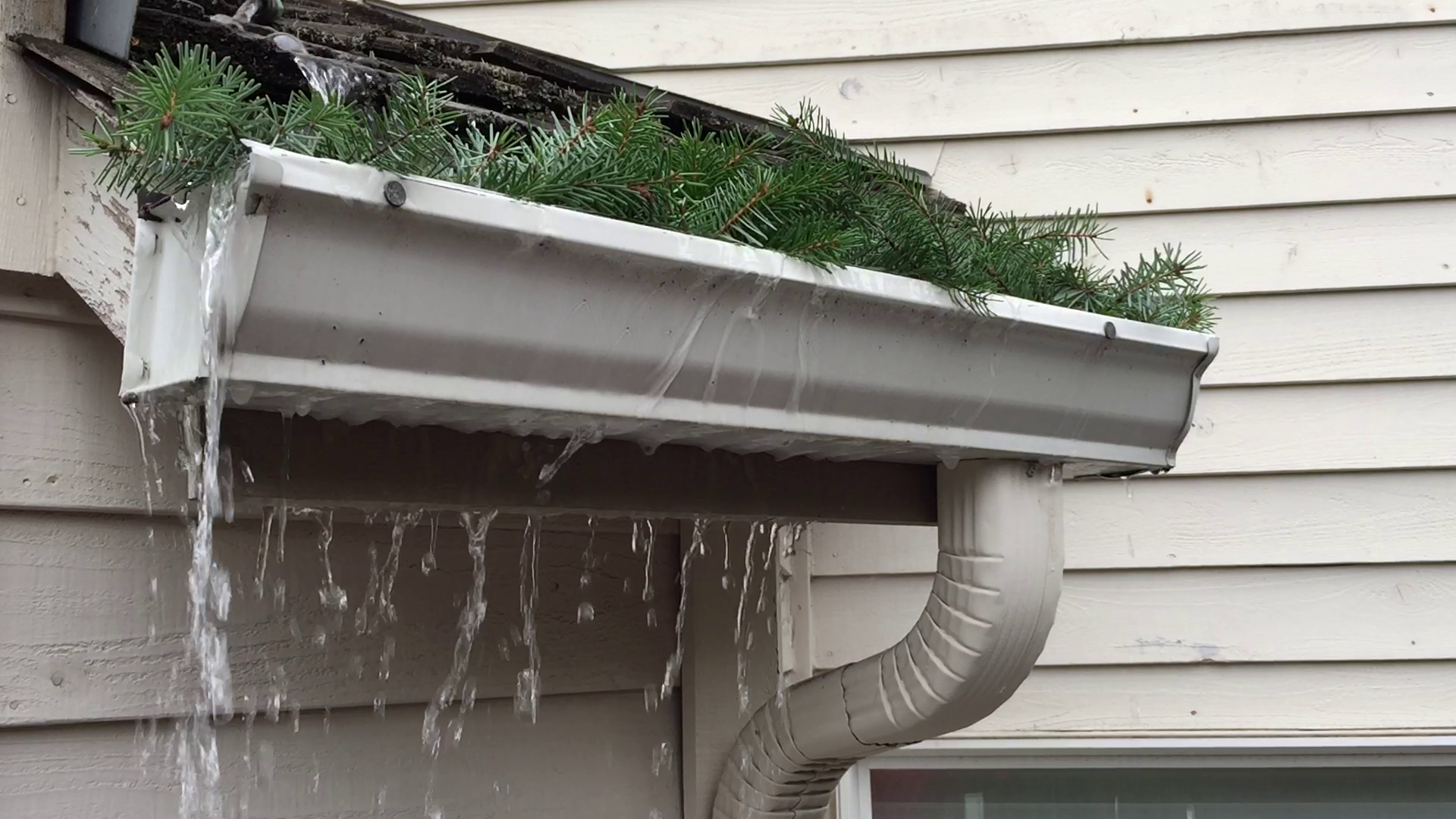Gutters may seem like a mundane part of your home’s exterior, but they serve a critical purpose in protecting your property. When gutters become clogged with leaves, twigs, dirt, and debris, they can lead to serious problems that extend far beyond mere inconvenience. Here’s why you should take blocked gutters seriously and address them promptly.

Structural Damage to Your Home
When gutters can’t properly channel water away from your home, that water has to go somewhere. Often, it spills over the sides of gutters and runs down exterior walls. Over time, this water can seep into the foundation, causing cracks and structural instability. The moisture can also damage fascia boards, soffits, and siding, leading to rot and deterioration that compromises your home’s structural integrity.
Roof Damage
Blocked gutters prevent water from flowing away from your roof. This water can back up under shingles, leading to roof leaks and water damage in your attic and interior ceilings. The added weight of water-soaked debris can also strain your gutter system, potentially causing it to pull away from the roof and create even more entry points for water.
Basement Flooding
When water isn’t properly directed away from your home’s foundation, it can find its way into your basement or crawl space. This can lead to flooding, water damage to stored items, and long-term moisture problems that are expensive to remediate.
Foundation Issues
Perhaps the most serious consequence of blocked gutters is foundation damage. As water pools around your foundation, it can cause the soil to expand and contract, putting pressure on foundation walls. This can lead to cracks, settling, and even complete foundation failure in extreme cases. Foundation repairs are among the most costly home repairs, often running into tens of thousands of dollars.
Pest Infestation
The damp, debris-filled environment of clogged gutters makes an ideal breeding ground for insects, rodents, and other pests. Mosquitoes breed in standing water, while birds, squirrels, and insects may build nests in the accumulated debris. These pests can then find their way into your home, creating additional problems.
Mold and Mildew Growth
The damp conditions created by blocked gutters provide the perfect environment for mold and mildew to thrive. These can spread to your roof, walls, and even into your home’s interior, creating health hazards, particularly for those with respiratory conditions or allergies.
Ice Dams in Winter
In colder climates, blocked gutters can contribute to the formation of ice dams. When water can’t properly drain, it freezes in gutters and on roof edges. This ice buildup prevents melting snow from draining, forcing it under shingles and into your home.
Landscape Erosion
When gutters overflow, the concentrated stream of water can erode your landscaping, washing away soil, damaging plants, and creating unsightly trenches in your yard.
Decreased Property Value
All of these issues can significantly impact your home’s value. Visible signs of water damage, mold, or foundation problems will be red flags for potential buyers if you ever decide to sell.
Preventative Measures
The good news is that preventing these issues is relatively simple and inexpensive compared to repairing the damage they cause:
- Clean your gutters at least twice a year, typically in spring and fall
- Install gutter guards to reduce debris buildup
- Trim overhanging tree branches to minimize leaves and twigs
- Conduct regular inspections, especially after storms
- Consider professional gutter cleaning services if you’re unable to do it yourself
By taking these preventative steps, you can avoid the serious and costly consequences of blocked gutters and protect your home for years to come.

Leave a Reply